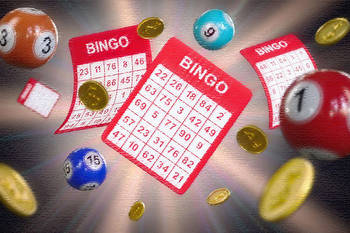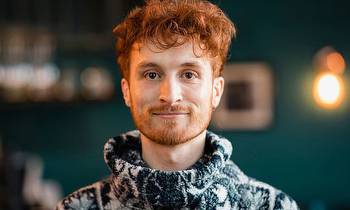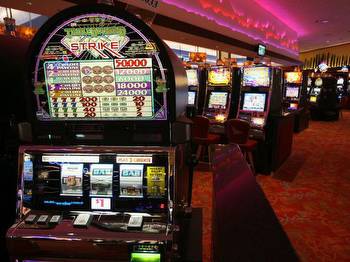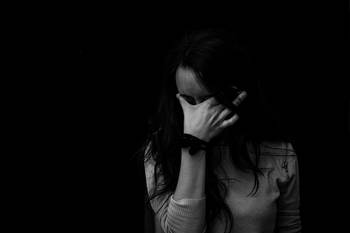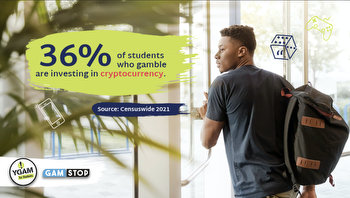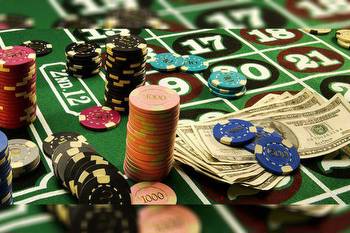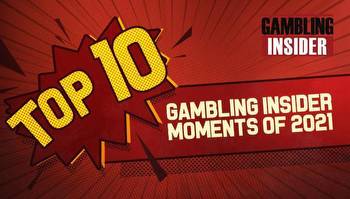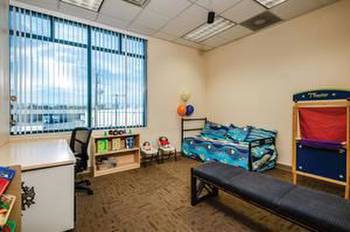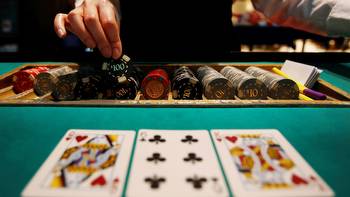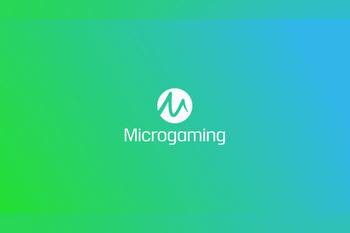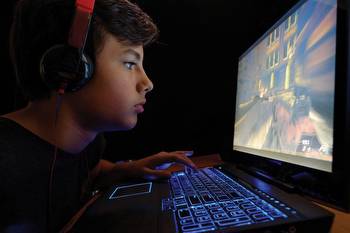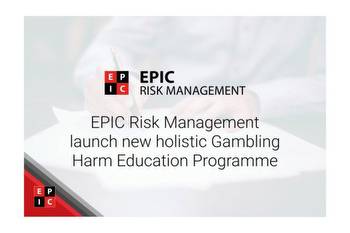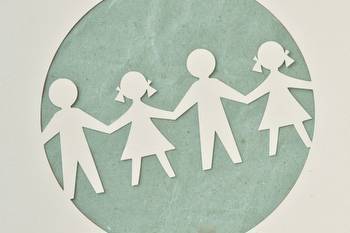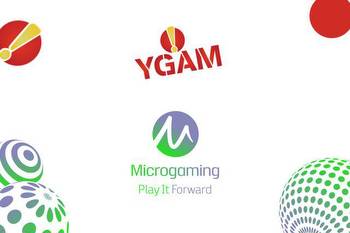Concerns over gambling and gaming habits of Isle of Wight youth
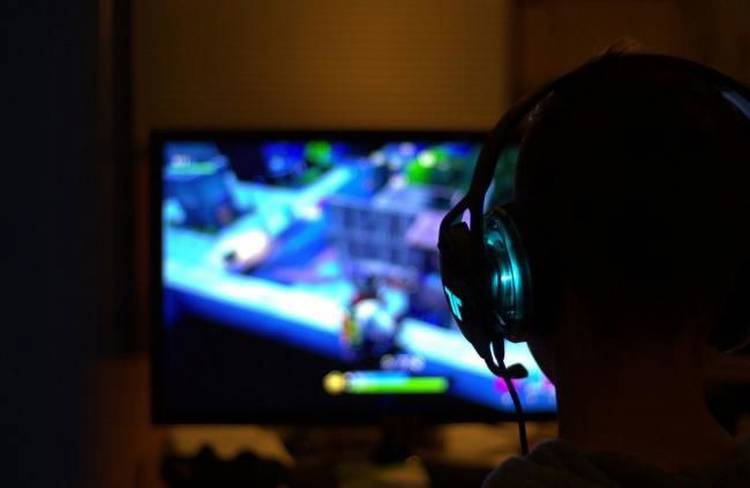
YOUTH workers and teachers are being shown how to help young people who have become drawn in to harmful gambling habits or who are gaming too much — with behaviours exacerbated during the pandemic.
The Island Youth Mental Health Census 2019 suggested young people on the Island may be particularly vulnerable to anxiety and depression, which is often associated with harmful gambling or gaming behaviours.
This is believed to have worsened due to Covid pandemic lockdowns, when young people didn't have the structure of school or any social events or clubs to attend — leaving them with more time on their mobile phones and other devices.
Experts at YGAM, a gambling charity, believe gaming has started to overlap because both habits involve devices and being drawn in to making micro-transactions.
Both are easily accessible and involve the 'excitement' of lootboxes (or virtual treasure boxes).
Gaming age ratings are lower than for gambling, which means children are getting used to the mechanisms of playing and winning at a younger age.
Another popular activity is e-sports, where you can bet on your team.
Kyle Riding, of YGAM, explained: "Children now get a strange perception of winning. During the pandemic, sport was cancelled but e-sport continued, and e-sport betting has gone through the roof.
"Young people may have been gaming and on e-sports before but usage increased during the pandemic. There are some incredible games out there, but there are lots of crossovers with real gambling, and there are blurred lines between the two."
YGAM is extending its reach to the Island, as previously reported by the County Press.
Katherine Sawyer, YGAM’s education manager for the South West, said: "I recognise that the Island faces many unique challenges around this topic both geographically in terms of rural isolation and socio-economically."
What are the Island's statistics on gambling?
There is very little local data showing how many young people are gambling.
However the Isle of Wight Council said national data suggests that increasing exposure to online adverts for gambling and increased use of various platforms for learning and social interchange has contributed to an increase in gambling among young people.
Research indicates that gambling using mobile phones is the most popular way especially for younger people and that in-play and eSports betting is highest among young people especially males.
Gambling Commission data from 2019 indicates that 11 per cent of 11 to 16 year olds had spent money on gambling in the last seven days. It is recognised that increasing trends are seen in exposure to online gambling adverts as well as problem gambling.
The Children and Young People’s Survey (from 2019) showed that 97 per cent of secondary respondents stated they have received information on how to stay safe online with 70 per cent responding that they always follow that advice.
This was pre-pandemic, with YGAM saying trends are showing an increase in gambling since then.
The County Press has found that on the Island, there are no specialist local gambling support services for young people.
YGAM is a help and advice service which offers resources and training to the children’s workforce, not direct intervention with young people themselves.
Scroll down for various helplines on this issue.
What are the signs to look out for in someone excessive gambling or gaming?
There is a big impact on mental health and although gaming disorder was classified by the World Health Organisation (WHO) in 2018 it is still a very new recognition.
WHO defines it as a pattern of persistent or recurrent gaming behaviour so severe that it takes “precedence over other life interests”.
Look out for someone spending too much time or money online, building up or hiding debt issues, having arguments with family, and neglect of personal hygiene.
Other signs are lying and hiding behaviours, and people expressing excitement and adrenaline then a crash in their mood.
What are the solutions?
- The NHS long term plan has noted gambling as an increasing risk for young people and has launched and young people’s gambling addiction service.
- Lessons in staying safe on-line are being carried out in schools, the Isle of Wight Council said.
- YGAM's workshops are funded by the British Gambling Commission are already starting on the Island, to 'train the trainers'. Breakout Youth and Space4U on the Isle of Wight have already signed up and recommend them. YGAM’s free training can be booked by emailing training@ygam.org or visiting www.ygam.org to learn more. There is a Young People’s Gambling Harm Prevention Programme, and a parental hub full of resources.
- Charities such as YGAM are looking into the legislation around e-sports and gaming transactions for young people.
What are the problems?
- There isn't much in the way of localised help for young people.
- YGAM is a relatively small and new (six years old) charity, trying to get the word out there and increase take-up of its courses.
- The Island's more remote location means there are issues centred around isolation and rural communities.
- Teachers and youth workers are already very busy, so gambling/gaming training is another addition to their workload.
- By their nature, addicts can be secretive, so it is difficult to identify and tackle the problem.
- Pockets of poverty mean lack of career options or incentives to try alternative hobbies.
The following national resources focused on gambling may be of help:
BigDeal is part of GamCare, the organisation that runs the National Gambling Helpline, and provides information, advice and support to young people aged 11 to 18 who have a gambling problem or who are affected by someone else’s gambling. On the website bigdeal.org.uk there is a free live chat function which provides 1:1 advice, 24/7 and there is also a young person’s helpline (0203 092 6964). Out of hours, a young person can talk to someone at the general National Gambling Helpline, which is staffed 24/7, on 0808 8020 133.
Young people on the Island can access the following resources in relation to their general emotional wellbeing and mental health:
- Kooth at www.kooth.com where counsellors are available to 11 to 25 year olds from 12 noon to 10pm on weekdays and 6pm to 10 pm at weekends, every day of the year. No referral needed.
- Isle of Wight Youth Trust: self, family or professional referrals accepted via 01983 529569 or info@iowyouthtrust.co.uk












